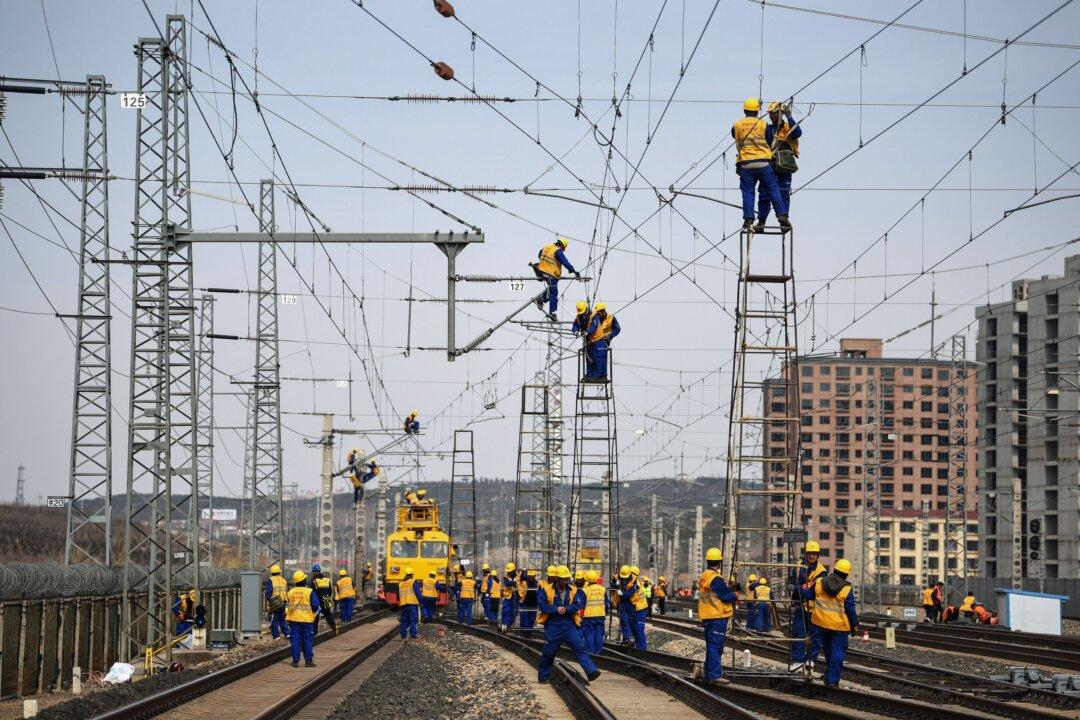China has gone back to its old bad habits of propping up the economy after a bruising end to 2018, but it can’t last, says China Beige Book (CBB). Comparing China in the long run to Japan is apt considering the proliferation of a zombie economy, says Shehzad Qazi, managing director of China Beige Book International.
CBB, a research service that speaks to thousands of companies and bankers on the ground in China, reports in its early look at the first quarter that the rebound in China is primarily a credit-driven story—lending to anyone and everyone has reached a level not seen since 2013. The reduced chance of harsher tariffs as Sino-U.S. trade talks move closer to resolution also helped.





